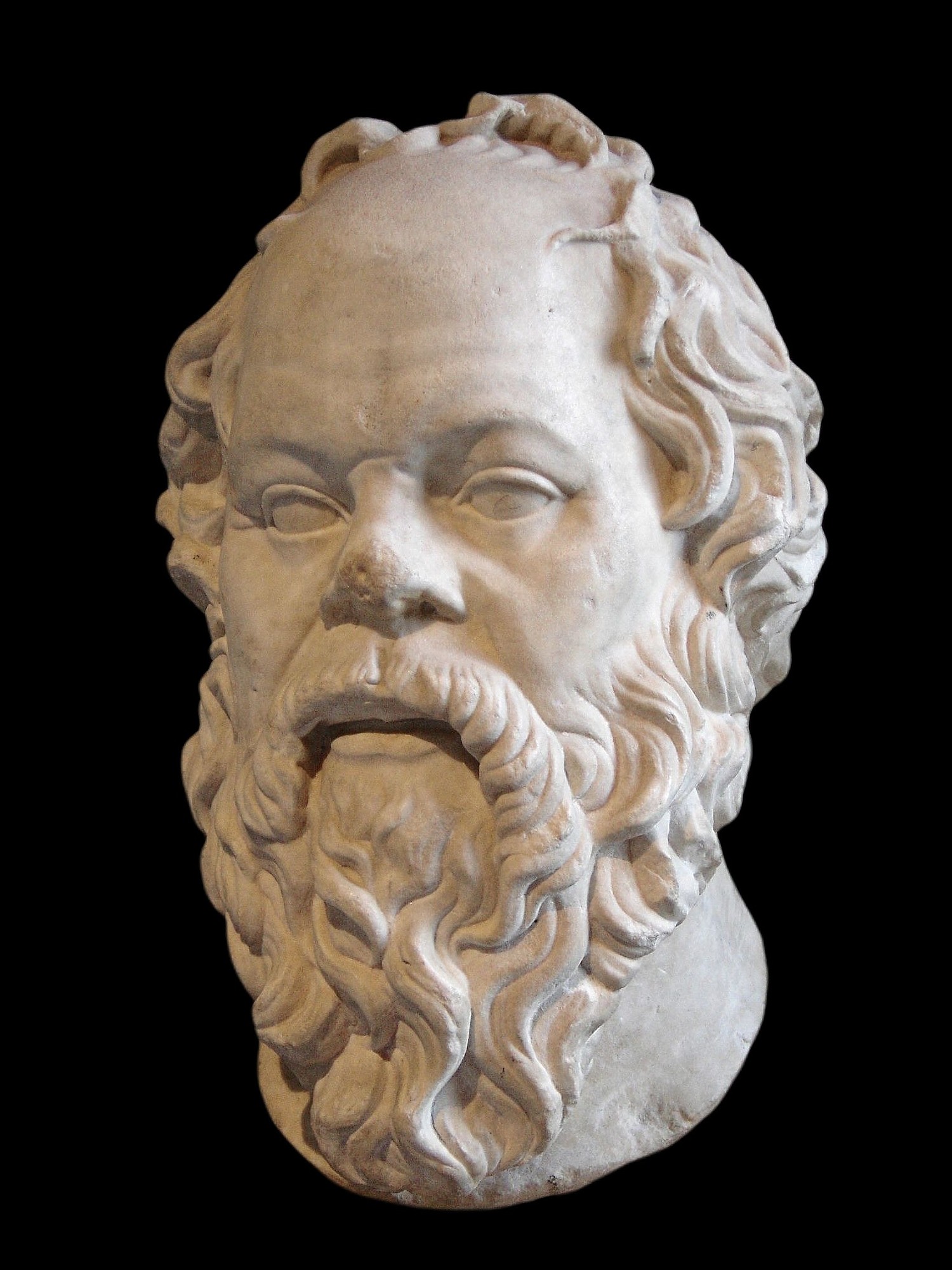Socrates, the renowned philosopher of ancient Greece, held a rather unconventional view of the written word. In his eyes, the act of writing had the potential to diminish human intellect rather than enhance it. He believed that relying too heavily on written texts could lead to intellectual laziness, as it allowed people to read and regurgitate information without truly understanding it.
According to Socrates, the written word weakened memory, as individuals no longer needed to rely on their own recollection of knowledge. Instead, they could consult written texts whenever they needed information, thereby neglecting the cultivation of their own mental faculties.
Also, Socrates cautioned against the misconception that books alone could impart true wisdom. While written texts may contain valuable information, Socrates argued that genuine knowledge stemmed from introspection and critical thinking. Merely reading words on a page did not equate to true understanding; rather, the internalization and interpretation of those words led to genuine insight.
In one of Plato’s dialogues, Socrates expresses his concerns about the limitations of written language to his disciple Phaedrus. He warns that written text lacks the interactive quality of spoken dialogue, describing it as “dumb” and incapable of engaging in meaningful discourse. Socrates feared relying solely on written communication would stifle intellectual exchange and inhibit the pursuit of truth.

Despite the irony of his message being conveyed through writing, Socrates’ skepticism towards the written word is a thought-provoking reminder of the importance of critical thinking and introspection in the quest for knowledge.
Socrates drew upon an ancient Egyptian legend to illustrate his skepticism towards the written word. According to this tale, two Egyptian gods, Theuth and Thamus, debate the introduction of writing to humanity. Theuth, the god of invention, extols the virtues of writing, claiming that it enhances memory and preserves knowledge for future generations. However, Thamus, the king of Egypt, expresses concerns about the potential drawbacks of writing.
Thamus acknowledges that writing aids memory by providing a tangible record of information. However, he argues that this external aid comes at a cost: it diminishes the need for individuals to cultivate their own internal memory. In Thamus’ view, relying too heavily on written texts hampers the development of true wisdom, as individuals become dependent on external sources rather than engaging in active mental processes.
Avid Writer with invaluable knowledge of Humanity!
Upcoming historian with over 30 million views online.
“You make your own life.”





